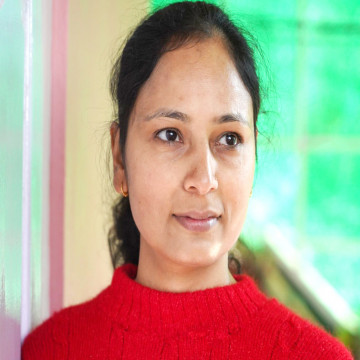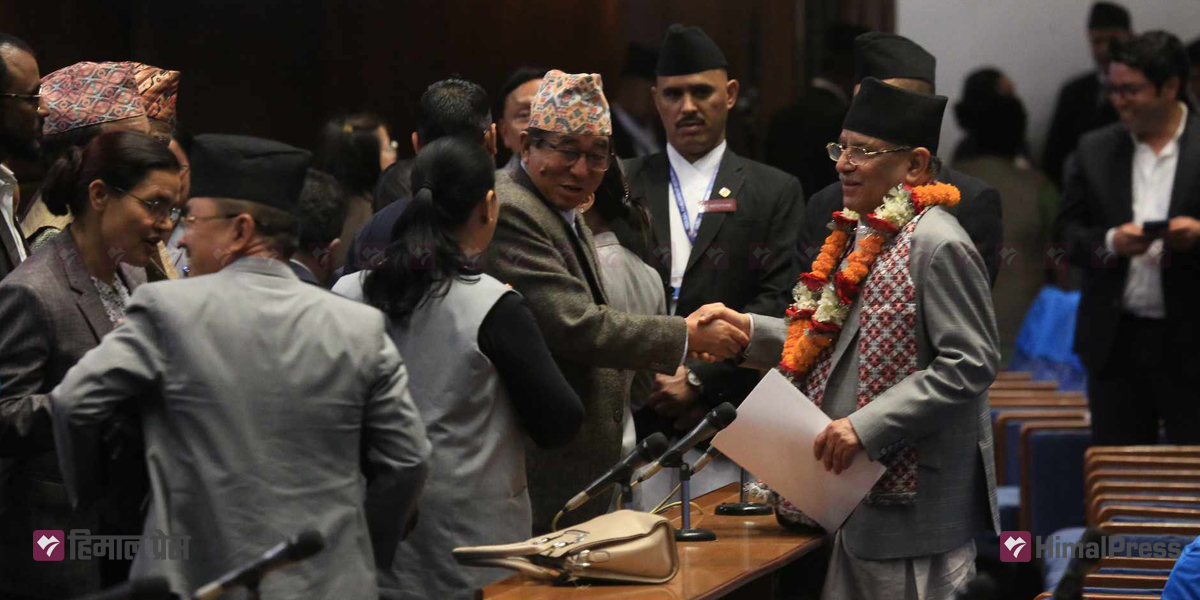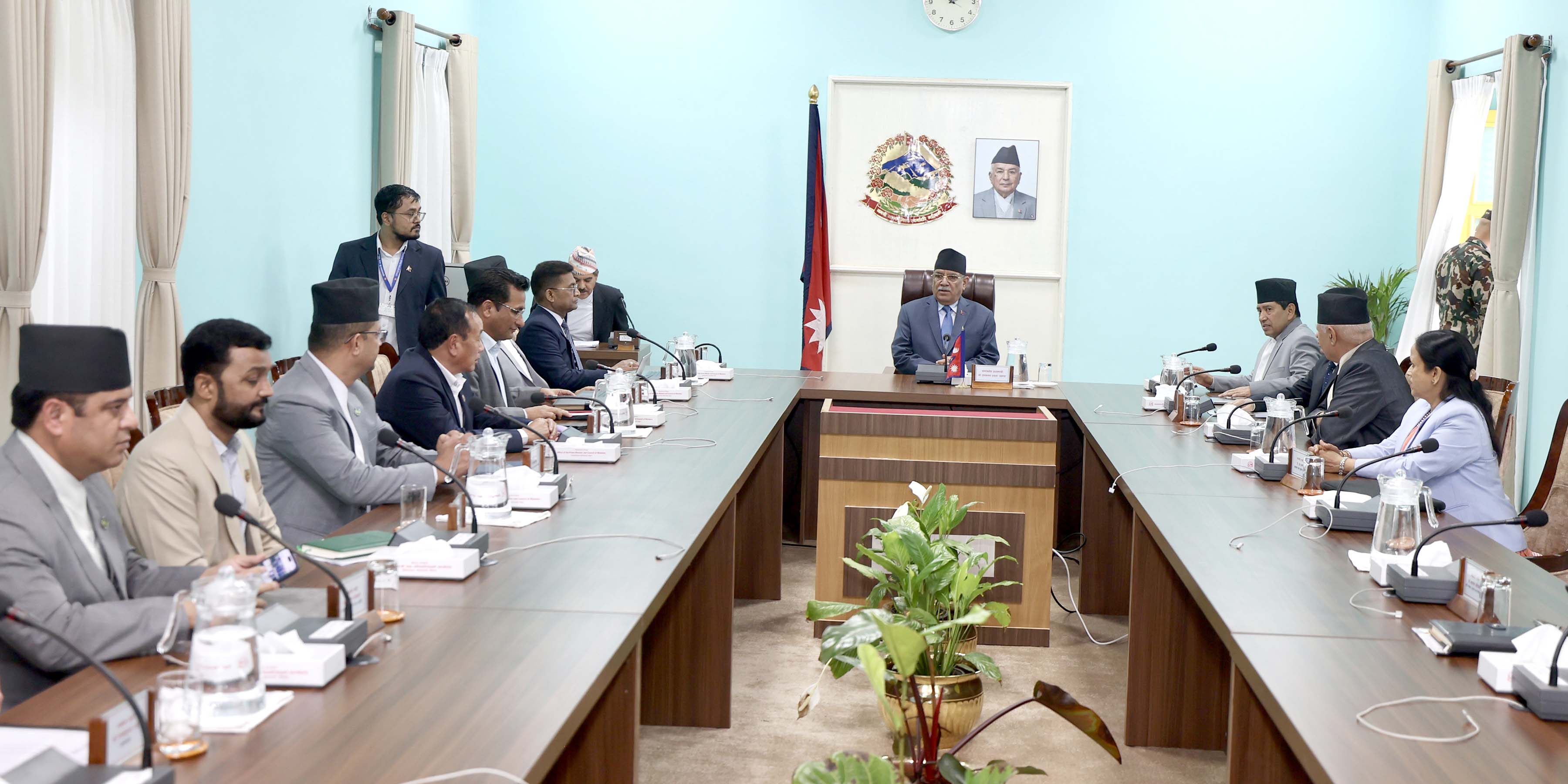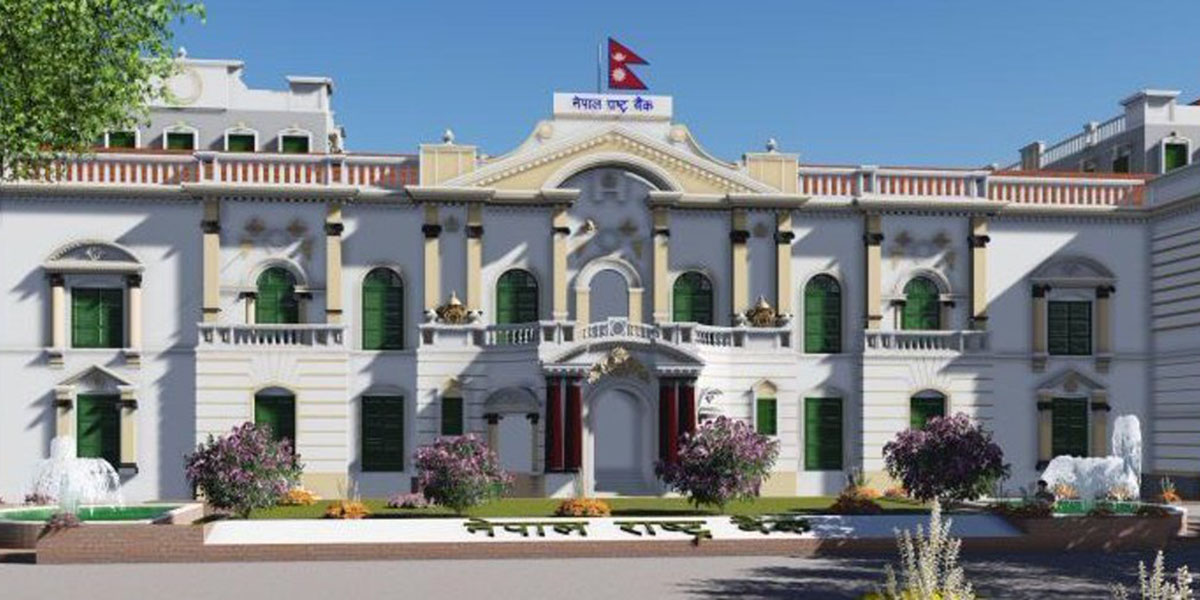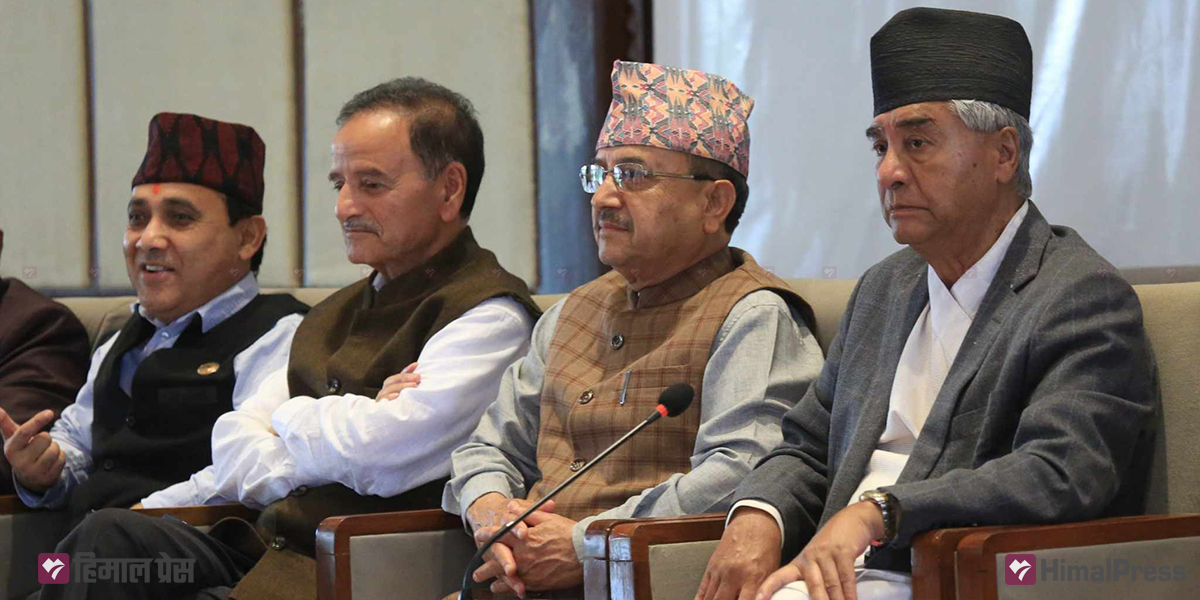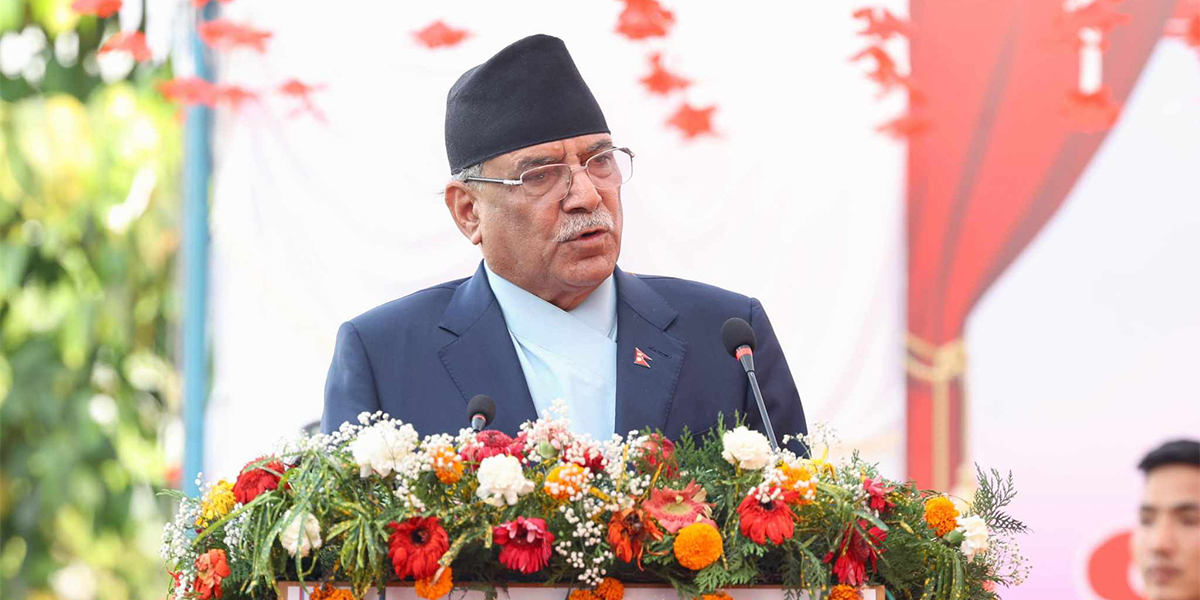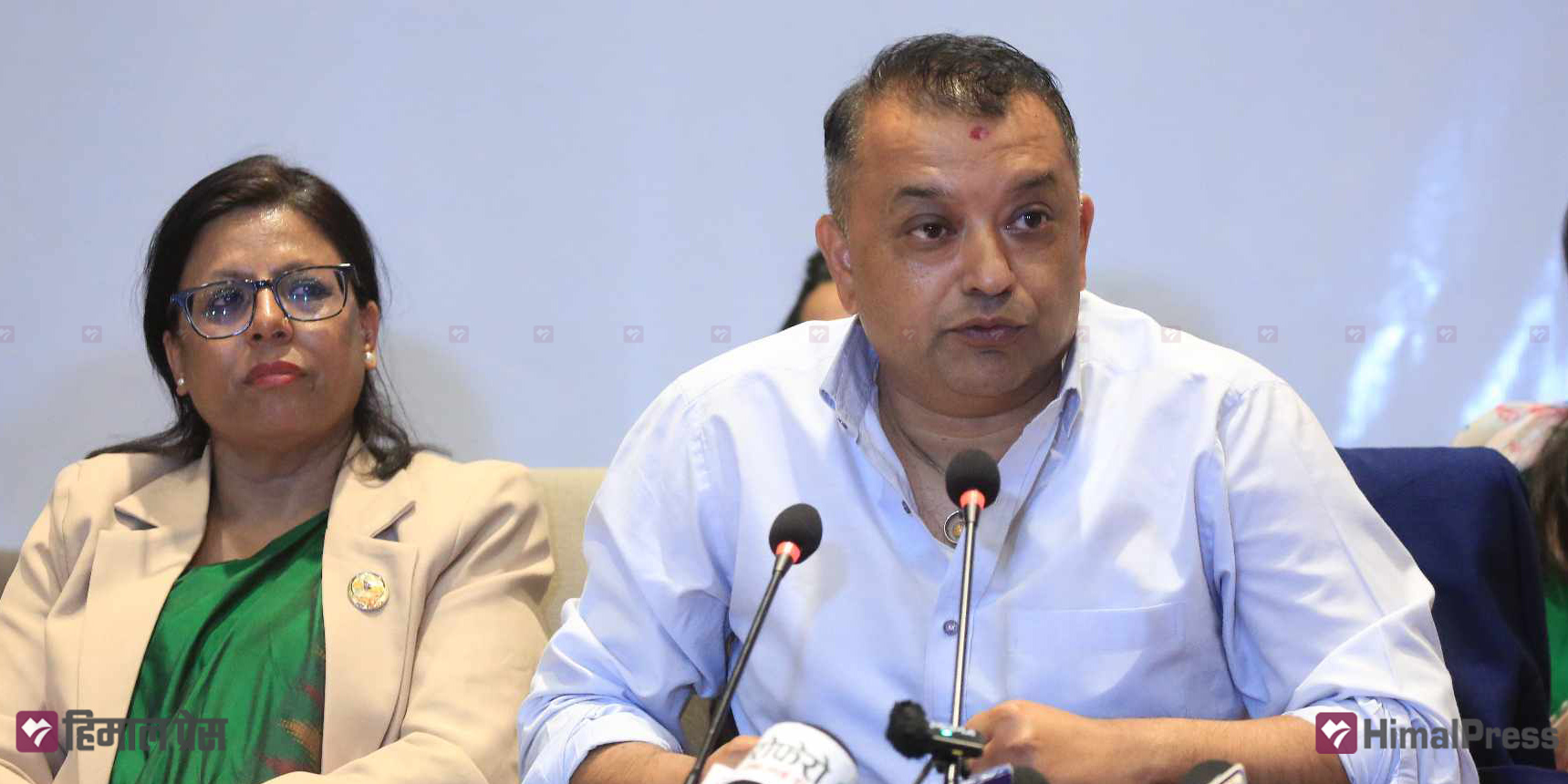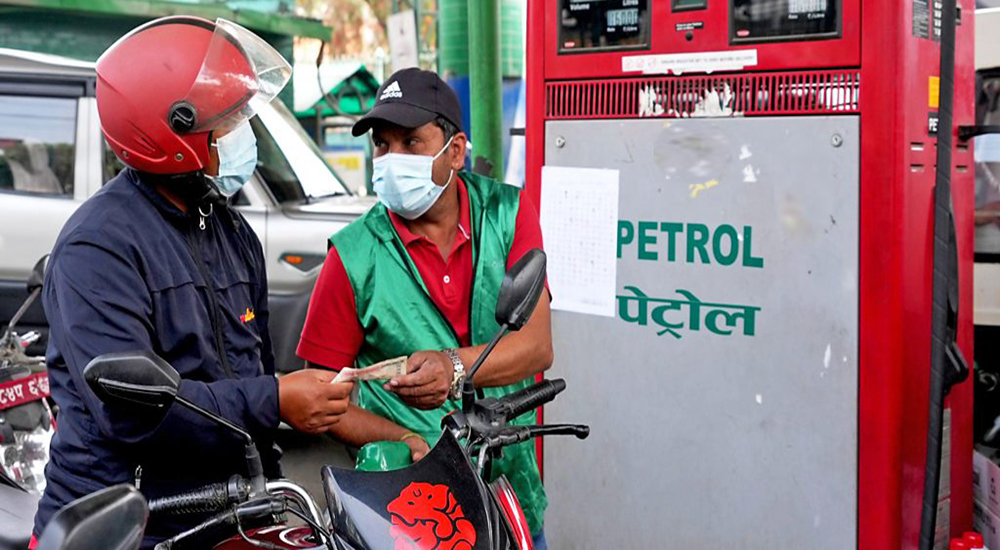 A scene from 'Palpasa Cafe'
A scene from 'Palpasa Cafe'
“Theater culture is on the rise in Nepal” is a popular opinion among theater enthusiasts in Nepal. However, theater workers have different opinions. They argue that while there may be a craze for dramas, it is yet to become a cultural phenomenon.
A specific instance that upholds the opinion of theater workers was seen during the staging of the play ‘Mrityu Danda’ (Death Penalty) at Ojas Theater in Ratopul of Kathmandu from May 3 to 29. Young people associated with Ojas Theater were seen selling tickets with the message ‘Your support is my bright future’. The need to sell tickets for financial support raises questions about the extent to which watching dramas has truly become a deeply ingrained cultural phenomenon.
“People say theater culture is growing in Nepal. But this is not a culture, it’s just a craze,” Kedar Shrestha, who is associated with Theater Mall, said, “Watching dramas has still not become an integral part of our lifestyle.”
While some plays attract large audiences and even fill theaters, others struggle to get audience attention and recover the investment. “All plays would have got audiences had theater culture been developed in Nepal,” Shrestha said, emphasizing that culture is deeply connected to lifestyle, while craze is temporary.
Srijana Limbu (Subba), the president of Mandala Theater, has witnessed an increase in the number of people watching plays recently. She believes that theater and artists are gaining more respect and recognition. “Although the current interest may be seen as a craze, it is gradually evolving into a cultural phenomenon. People’s fondness for drama has grown significantly, and parents have started bringing their children to the theater,” she added.
Ghimire Yuvraj, the Founder of Shilpi Theater, said that a good play will always attract an audience, regardless of whether it is considered a cultural trend or a passing craze. “Some plays are running for months in theaters. Two-three plays are being staged in the city simultaneously. This phenomenon is rare in other South Asian countries,” he added.
So, why do some plays get good audiences and others don’t? Ghimire says the success of a play depends on various factors such as the story, direction, acting, and actors involved. He emphasized that the quality of the play plays a significant role in attracting audiences.

Limbu, on the other hand, says whether a play is good or bad depends on the audience. “Every play has its own merit. The artists put in considerable effort for each production. However, the audience’s response determines whether a play is considered good or bad,” she added.
The year 2079 BS was comparatively better for the theater fraternity. Theater activity came to a grinding halt for two years due to COVID-19. Theaters in Kathmandu Valley are thriving after the restrictions were lifted.
“Every theater was preparing for their next shows during the lockdown. They started staging once the restrictions were lifted,” Ghimire said.
‘Govt ignoring theater’
Shrestha of Theater Mall criticizes the government for neglecting the theater industry while promoting other forms of entertainment. Shrestha said that the theater fraternity was already in a challenging state even before the pandemic. “COVID only made it more evident,” he added.
Despite the difficulties, the Nepali theater sector is thriving on the passion and dedication of its artists. “Artists are performing not solely for monetary gain, but to showcase their art,” said Limbu. “They are using other spaces like advertising and films for livelihood, and theater for self-satisfaction.”
Ghimire agreed with Limbu and said the passion is keeping theater alive. “While a film production is a one-time endeavor, a drama requires continuous hard work and dedication which is a challenge in itself,” he says. “The sustainability of theater relies solely on the enthusiasm of the artists, as there is no robust support system in place.”

Drawing the attention of the government, Ghimire said, “The state should realize the importance of theater in our society and the need for regular staging of plays. The industry may witness a boom over the next five-ten years. What next? The state should create an environment for artists to continue in the industry.”
Subash Rai of Ojas Theater said it is financially difficult for new artists. “New actors need to remain focused initially and cannot pay attention to other sectors. Financial stability is a concern, especially for emerging artists who heavily rely on theater for their livelihoods,” he said. “Artists will be in trouble if a play fails to draw an audience.”
Shrestha suggests that Nepali theater should become more professional rather than solely passion-driven. “They say theaters cannot be commercial. But at least it has to be professional,” he added.
Certain plays, such as Narayan Wagle’s ‘Palpsa Cafe’ and Parijat’s ‘Shirishko Phool’, have gained significant popularity and attracted large audiences. Ghimire says that if a work is well-known, the play based on it is also likely to be successful.
Despite the challenges, theater artists tirelessly work day and night to bring life to the stage. Theater performances are held throughout the year across the country, and efforts are made to enhance drama culture through festivals and events. Events like the Nepal International Theater Festival, National Children’s Theater Festival, and local theater festivals have been organized to showcase diverse theatrical experiences and promote social transformation.
While the theater industry in Nepal is facing financial and structural challenges, there is a growing interest in watching plays. Whether its a cultural trend or a passing craze remains a topic of debate, but the dedication and enthusiasm of artists continue to sustain and propel the theater forward.

